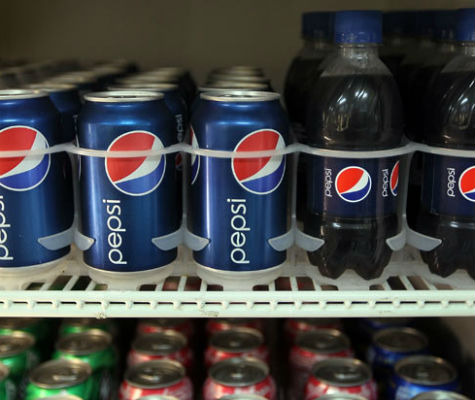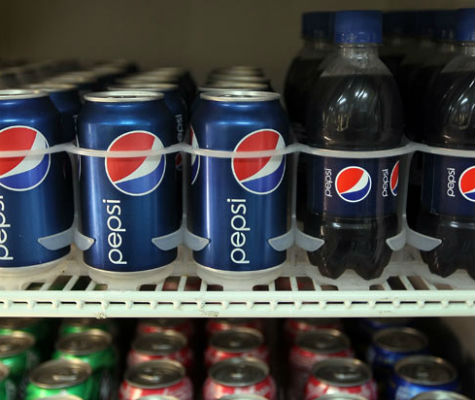10 Drinks That Might Be Harming The Planet
It seems like no place is safe from talk of environmental catastrophe. First it was our cars then it was our energy inefficient homes, and now... our beverages? From scientists to political pundits, everyone seems to agree that we need to change our lifestyles to avoid impending permanent climate change, but as we consider hybrid cars and alternative forms of energy, it can be easy to forget that everyday things — like that bottle of water on the way home from the gym — are also causing significant environmental impact.
10 Drinks That Might Be Harming the Planet (Slideshow)
A recent study seems to confirm our worst fears: the environment is already changing. The National Climatic Data Center reports that in the last twenty years, water has grown scarcer in dry regions, rains have become more problematic in wet regions, heat waves have become more severe, and forests have suffered under a deluge of heat-loving insects. And last September, a United Nations panel warned that if carbon emissions keep at their current rate, we could see as much as a three foot rise in sea levels by the end of the century.
With such dire reports coming from all corners of the globe, it can be tempting to collectively throw up our hands and declare the battle lost, but there are actually myriad ways the average consumer can take charge of his or her environmental footprint, starting with our beverage choices. Many of the companies on this list have poor track records for environmental friendliness. If consumers speak with their dollars, opting instead for less harmful products, corporations will have no choice but to rethink their stance on updating their production methods to more environmentally sound practices.
More importantly, consumers can opt to waste less. Sure, a K-Cup is easy and fun, but is it really worth it when you take into account the extra plastic those little containers are contributing to our landfills? Fiji water is sold in a beautiful bottle, but is it really worth the depletion of a country's water supply? Thoughtful changes in our purchasing habits really can make a difference in the long haul, so we've compiled a list of the most harmful beverages to our environment to serve as a guide for future choices.
Pepsi
After California passed a law stating that beverages containing a carcinogen called 4-methylimidazole be labeled with a cancer warning, most companies ceased using the caramel coloring that contained the chemical. As of the beginning of this year, however, Pepsi still had dangerous levels. The company vowed to fix the problem in America by February, but offered no timeline for the rest of the world.
Fiji Water
This brand claims to be "carbon negative", but investigative reports claim that just isn't the case. Their bottles are made from Chinese plastic in a diesel-fueled plant. More importantly, the company cooperates with Fiji's totalitarian military regime to export water from a country with chronic water shortages, leaving citizens without clean water.

